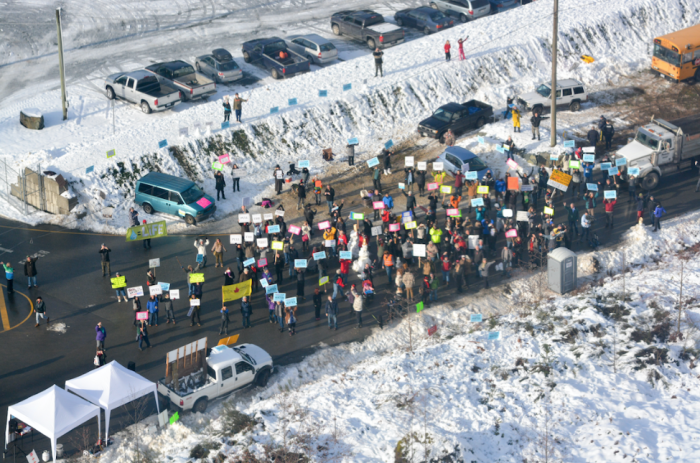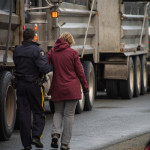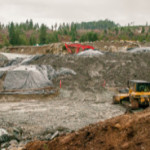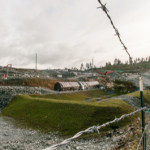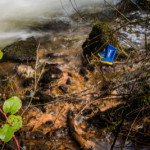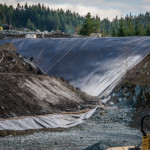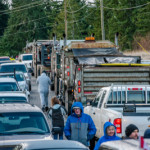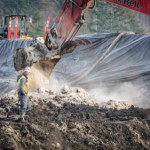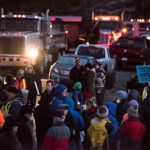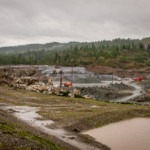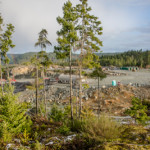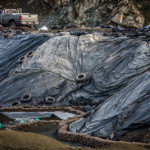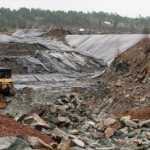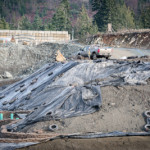Malahat joins dirty soil fight
One of the first actions by the new chief and council at Malahat First Nation, in early December, was to ask BC’s environment minister Mary Polak “to take immediate action” on a permit for a contaminated soil dump near its neighbours at Shawnigan Lake.
Less than two weeks later, Cowichan Tribes sent BC’s environmental protection branch a detailed eight-page letter voicing similar concerns about a facility that receives 100,000-tonnes of soil per year. The Cowichan Valley regional district has also come out against the dumping and, in early January, so did Victoria city council.
On Jan. 22, a BC Supreme Court judge accepted an affidavit signed by Chief Caroline Harry and all three councillors. Malahat asked for a ‘stay’ to challenge the dumping permit.
The judge’s acceptance means that a judicial review will be held in Victoria from Feb. 15-26. The 11-page affidavit said that Malahat and its neighbours wanted to be assured: “that adequate steps have been taken to respond to the allegations and… for proper consultation to occur.”
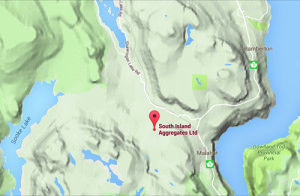 But pressure is building on the BC government and the company operating the landfill in the hills above the Shawnigan and Sooke Lakes watersheds.
But pressure is building on the BC government and the company operating the landfill in the hills above the Shawnigan and Sooke Lakes watersheds.
All this wouldn’t ordinarily be big news around Malahat Nation, except for the fact that the soil dump was a key reason why former chief Michael Harry, and eventually the rest of the nation’s councillors, resigned last August. The chief left office after allegations arose that he received payments from the company – South Island Aggregates – after earlier publicly voicing his support for the project.
In its Dec. 9 letter to Polak, Malahat said it would reconsider its earlier support for the project permit. The letter was signed by Chief Caroline Harry and councillors Vince Harry, Matt Harry and George Harry.
The earlier support came from the previous leadership. Now, Malahat says it has “serious concerns… about the scientific information used to assess the permit application”.
A strongly-worded Dec. 21 letter from Chief Chip Seymour of Cowichan referred to “negative impacts to our Aboriginal rights” as well as the potential contamination of drinking water. It also outlined concerns about risks to traditional bathing and fishing sites in the area.
Meanwhile, the Shawnigan community worries about the effects the dump site could have on its drinking water. “There’s no relenting until the permit is revoked and the soil that’s been dumped already is removed,” said Sonia Furstenau, the local director on the regional district board. “That cannot sit in our watershed. We are not going to let it stay.”


